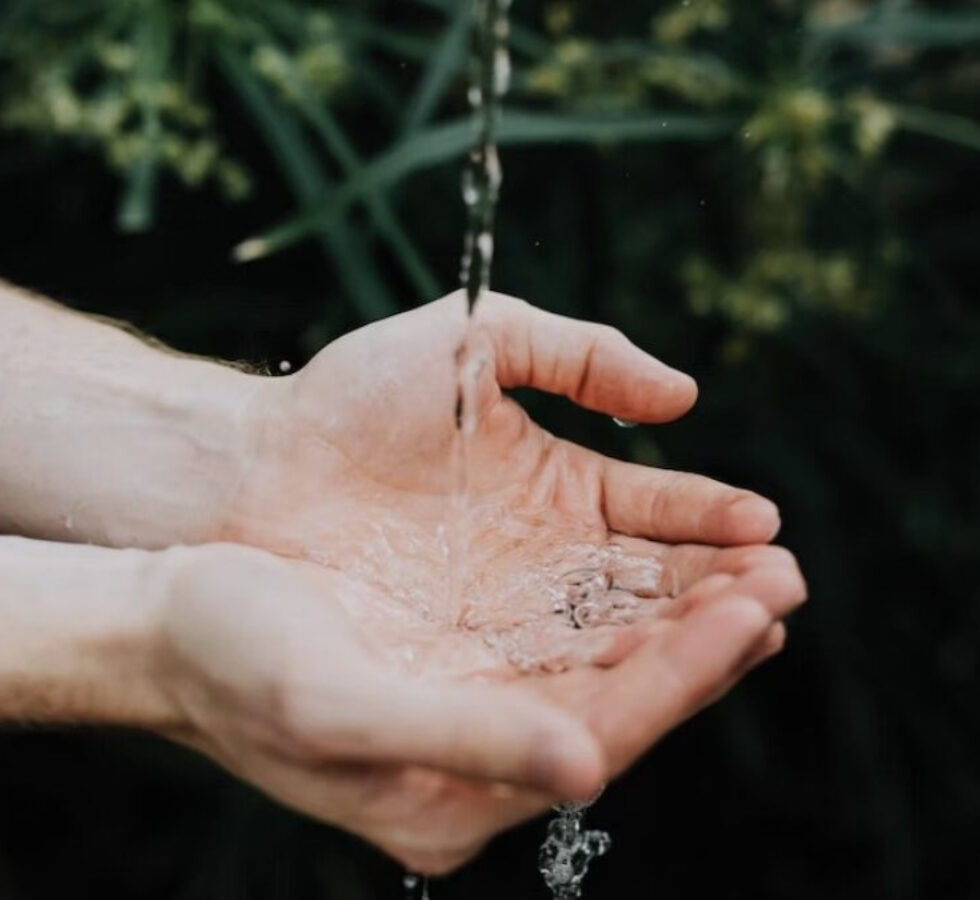Yoga and Bone Health
August 18, 2017
Lisa Jackson
#backtoschool|#bonehealth|#breathe|#fitnessgoal|#neverstoplearning|#nurturedbones|#saynotoosteoporosis|#yogaandbonehealth|yoga|
I wrote this blogpost for my friend and colleague Dr. Susan Brady of Nurtured Bones. She is part of our Wellness Inspired Network where we learn from each other so we can best support our patients and clients.
Yoga provides a framework for healthy living. Western yoga studios and gyms often focus solely on the asana, the physical practice. Yet the tools of yoga provide so much more. Tools like pranayama (breathwork) and meditation.
Our current addiction to computers and handheld devices promote repetitive flexion of the spine and internal rotation of the shoulders, forcing the head forward, adding extra strain to the spine. This is called kyphosis.

His 12-pound head becomes a 32# weight due to the gravitational pull when it protrudes over his body. This stretches out his back muscles, shortens and weakens his chest muscles, and inhibits his breathing and digestive system. Opposites heal. A yoga practice to strengthen the back and neck muscles and stretch his chest muscles will improve breathing, digestion, cellular energy and renewal. Low intensity, back-strengthening exercises are associated with improved quality of life for people with osteoporosis. Didn’t Mother always tell us to stand up straight?
Becoming mindful of daily repetitive movements gives you the opportunity to form new habits. Yoga is all about finding that healthy balance. This is a key concept found in the sutras. Sthira and sukha, translated to (finding the balance between) effort and ease.
Becoming mindful of daily repetitive movements gives you the opportunity to form new habits. Yoga is all about finding that healthy balance. This is a key concept found in the sutras. Sthira and sukha, translated to (finding the balance between) effort and ease.
No two bodies are alike. I often talk about bio-individuality in my coaching and functional medicine practice and the importance of a personalized plan to uncover the root cause of discomfort for your unique body. This is also true for a yoga practice. Unfortunately, some gyms and studios only offer hard-core physical practices that are rapid, and repetitive. This is not only challenging and difficult for those with osteoporosis, but may be dangerous.
The “no pain, no gain” mentality is counterproductive. The body (and bone growth) responds to gentle light force. Too rapid and too forceful the body will fight back with an inflammatory response. Worse yet, could fracture brittle bones. Yoga is a very individualized practice; one that begs to be experienced. It is important to listen to what your body needs in the present moment. What feels good and what doesn’t? This not only keeps you grounded, it helps you to cultivate discernment, focus, and a healthy relationship with yourself. By being present with yourself helps to let go of stress, release emotions and even pain. A healthy yoga practice is safe, produces feel good hormones and endorphins, and builds healthy bones.
Our bodies are self-healing and self-repairing. The body miraculously responds to messages given. The body needs movement and the appropriate amount of force to mechanicallymessage building new bone. Inactivity causes bone loss.
Case in point, without gravity, astronauts lose bone density and strength.
Here’s the science. “The microarchitecture of the trabecular bone (inner bone where growth occurs) is constantly remodeling based on the demands placed upon it. This remodeling enables bone to optimally withstand loads associated with habitual use.” (1)
In other words, “ Use it or lose it!”
Muscle strength is also protective against fractures, which is the most common and serious side affect of osteoporosis. Inactivity and limited spinal movements weaken the internal trabecular structure of the vertebrae and result in greater risk of vertebral fractures.
The discs between the vertebrae are avascular. Like the lymphatic system, they require movement. It is the change in pressure that pushes needed nutrients in and expel waste products. Without movement the nucleus, the center of the disc, lose valuable proteins. We need protein to build all tissue.
Many people dangerously take extra calcium supplements, unaware that you need other vital nutrients (like vitamin D, K, magnesium) and weight-bearing exercise to move calcium into the bones. Without exercise, the body will deposit the calcium in unwanted places, like the kidney and arteries.
Everything in the body is interconnected. The health of our lymphatic system is also important to bone health. Our lymphocytes, white blood cells and red blood cells are made inside the bone marrow. This is important to know if you have lymphoma or a blood disorder. Without vital movement, it is impossible to move essential nutrients inside the bone and remove toxic waste. Can you see why this might be important to all new cell growth?
Without blood cells we cannot deliver oxygen to tissues. Cancer cells grow in an anaerobic environment, i.e. without oxygen. Which explains a most essential tool of yoga, breathwork. Pranayama means life force. Breathwork is vital for cellular energy and bone growth.
I love getting scientific reinforcement for why my yoga and yoga dance are so essential to my wellbeing J Can you sing, “Everybody Dance Now!” This helps to build new bone! How exciting is that?
Falling is the highest risk factor for fractures. Balancing postures help keep balance as we age.
Weight bearing and strength building exercises can help prevent and stop the progression of osteoporosis.
Meditation is also a powerful tool of yoga. This practice messages the body that you are safe to relax and repair, (or rest and digest, or mate and ovulate, depending on your goals!)
We need to message the body to stimulate the parasympathetic nervous system (PNS) for the growth of healthy bones and tissues. This puts the body in an anabolic (growth) state versus a catabolic (breaking down) state. Most of us live in a constant state of fight or flight, sympathetic nervous system overdrive.
You cannot build bone, digest food, lose weight, or heal and repair, when your body thinks you are running for our life. See the picture from my book below:

Fortunately, we can flip this switch from SNS overdrive to PNS with simple tools like deep belly breathing and meditation. This is why I coach my clients to do a simple breath exercise before each meal. I’ve coached clients to overcome anxiety and dis-ease via breathwork, meditation, and by addressing gastrointestinal issues that interfere with hormone and neurotransmitter production.
The Pancha Maya Kosha Model integrates all of our layers: physical, energetic (breath), mental-emotional, intuitive, and spiritual body for healing the whole being.
Need further proof? See my idol, the world’s oldest yoga teacher, Tao Porchon-Lynch. She is 99 years young, doesn’t take medicine, and has no dis-ease. She practices yoga every day.

People have always asked me what’s my secret. “Yoga and Carpe Diem Dance are two important arsenals that could be your secret weapon too!
Contact me if you are interested in exploring yoga or Carpe Diem Dance at a deeper level.
Better yet, join us a week from Monday, the first day of school! Let me know if you are interested in a 6am class, 7:30am class or 9am class. Please RSVP
Lisa
PS Stay tuned for a future blogpost from Dr. Susan Brady of Nurtured Bones
 About Lisa Jackson, RN, CHC, RYT-500, FDN-P, AFMC
About Lisa Jackson, RN, CHC, RYT-500, FDN-P, AFMCLisa is an author, inspirational speaker and functional medicine coach and yoga teacher with a mission to inspire, educate and empower clients towards optimal wellbeing.
Lisa’s book, Savvy Secrets: Eat Think and Thrive outlines her seven-step process towards optimal health that is fun and transformational.
Lisa is Founder of Carpe Diem Wellness and the Wellness Inspired Network, and part of the New Self Health Movement, Functional Forum and Evolution of Medicine. When she is not coaching, speaking or writing, you can find her practicing yoga and joyfully sharing Carpe Diem Dance.



